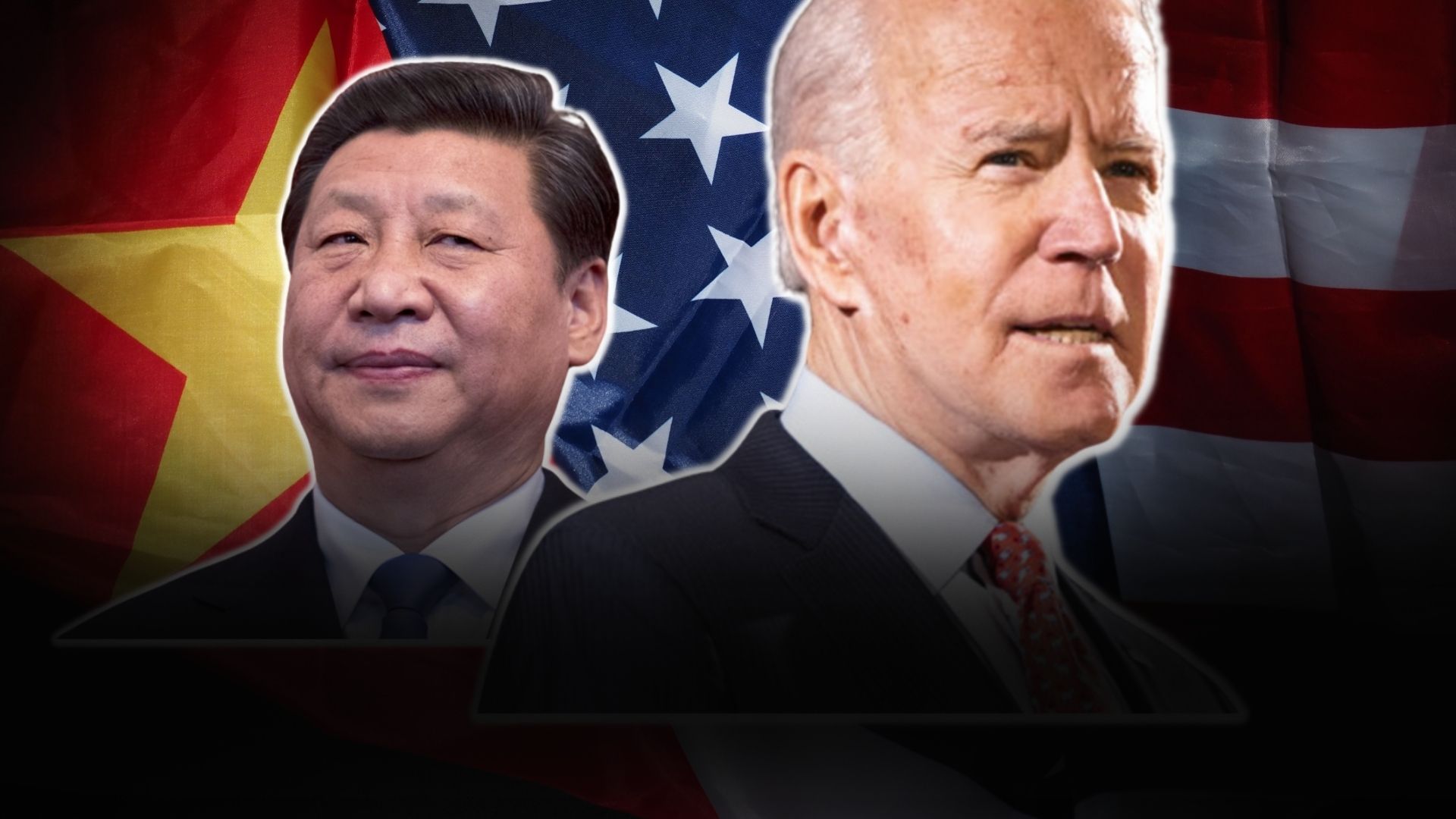Tensions between the United States and China have reached a high point as the United States shifts its focus to Asia and forms alliances, while Beijing seeks to cultivate relationships with emerging nations.
Huang Ping, a member of China’s top political advisory body stated that US-China ties represent the most important bilateral relations in the world.
He warned that uncertainty and risks are increasing due to the relationship being at its worst level in 50 years. The United States has labeled China, which is rising in power as a systemic challenge to its global dominance.
Finding a way to manage the rifts would be key to stabilizing ties, Huang told a Hong Kong seminar on US-China relations.
He also advised that as the United States shifts its focus to Asia and forms alliances with regional countries in order to counter China.
It’s time for Beijing to prioritize building relationships with emerging nations as the economic growth of these emerging nations has already surpassed that of Western countries.
According to Huang Ping, such a move would lead to a balance of world powers, and there will be no longer a unipolar world, no longer a world in which the West has the final say, he said.
Since resuming overseas travel in September after the COVID-19 pandemic caused a hiatus, Chinese President Xi Jinping has met with over 40 foreign leaders during a series of diplomatic visits to Central Asia, Southeast Asia, and the Middle East.
During the first-ever China-Arab states summit on December 9 in Saudi Arabia, Xi and regional leaders agreed to cooperate in various areas such as energy, trade, infrastructure, and hi-tech development.
For the first time, Xi also publicly called on Gulf countries to utilize the Shanghai Petroleum and Natural Gas Exchange to settle oil and gas trades in yuan, which is seen as a challenge to the US dollar’s dominance in the region.
During the China-Arab states summit, most Arab leaders also pledged support for the One-China policy and opposition to external interference in China internal affairs.
According to Huang Ping, there is a structural difference between the United States and China when it comes to priorities.
The US focuses on challenges to its global dominance while China sees sovereignty as its core issue, whether it be related to Xinjiang, Hong Kong, or Taiwan.
Huang Ping emphasized Hong Kong’s unique advantages and urged the city to become more integrated into national development and to act as a bridge between China and the rest of the world.
He also cautioned against the United States using Hong Kong as a card to contain China, warning that if the issue is not handled well, Hong Kong could become a victim or a new point of contention in the Sino-US relationship.
Huang made these comments in response to a question from the Post about the US targeting Hong Kong in 2019 and using it as a tool to suppress China.
Although he acknowledged that tensions between the United States and China would be difficult to resolve, Huang Ping suggested that the two powers should focus on mutual interests and consider potential areas of cooperation, such as addressing climate change, the situation in Ukraine, and the issue of North Korea.







